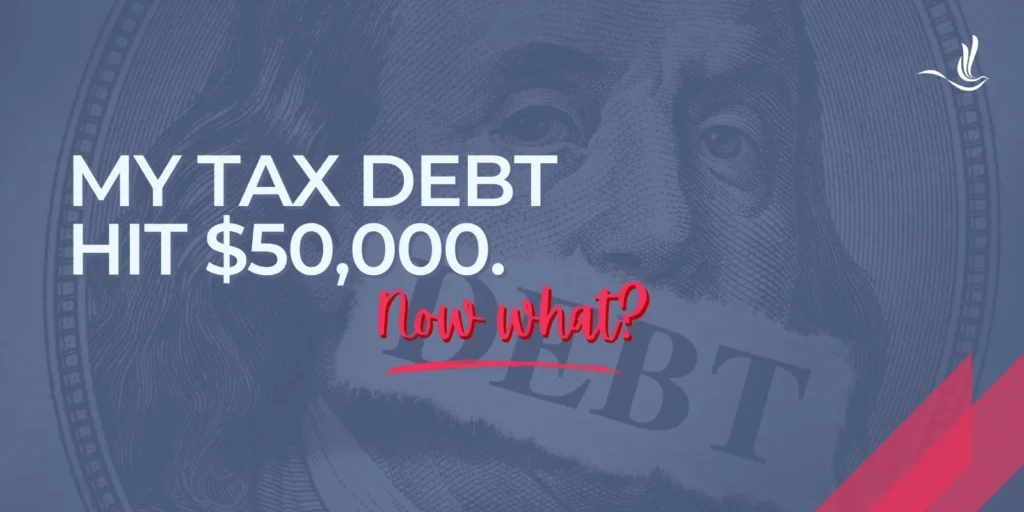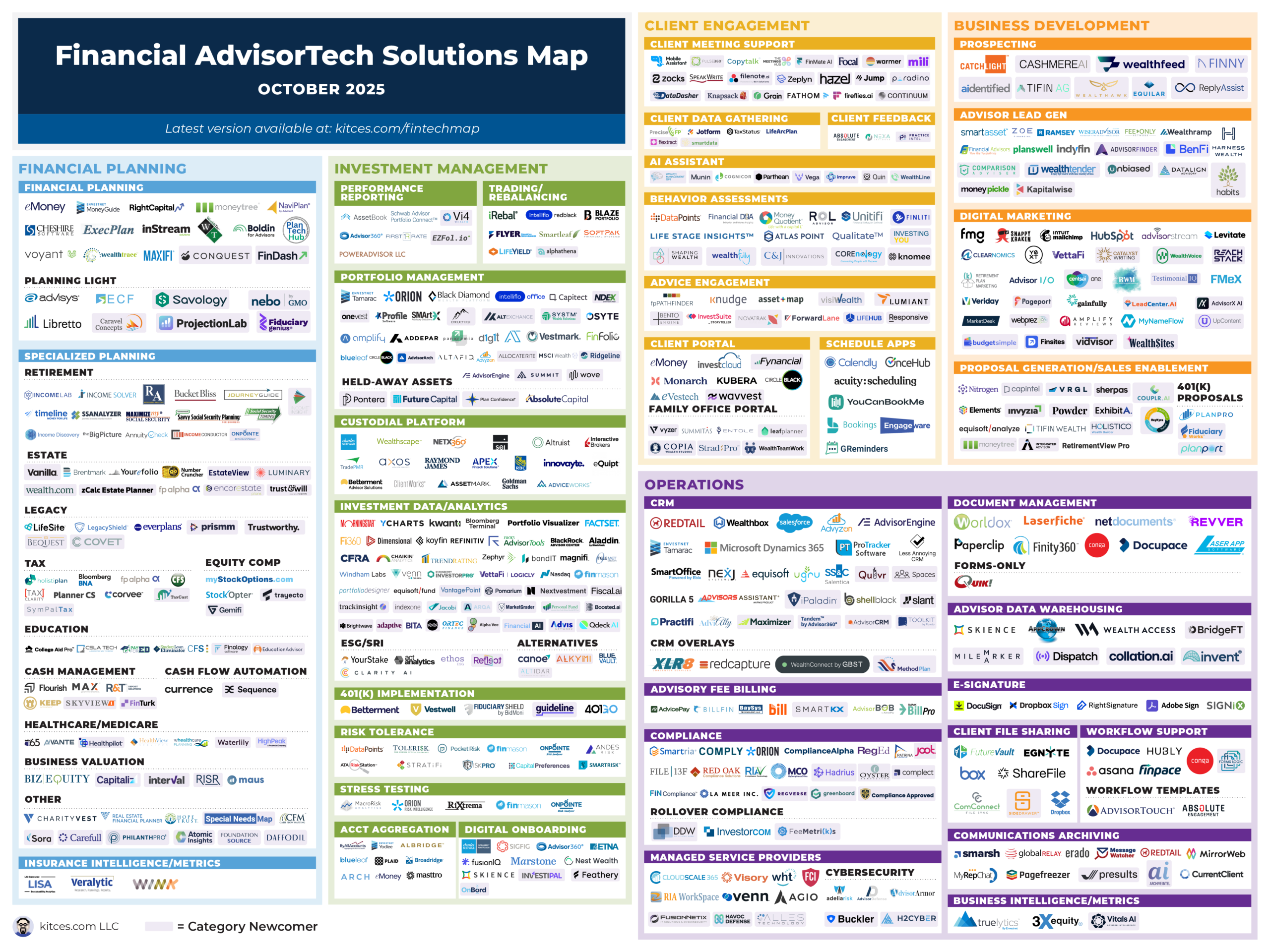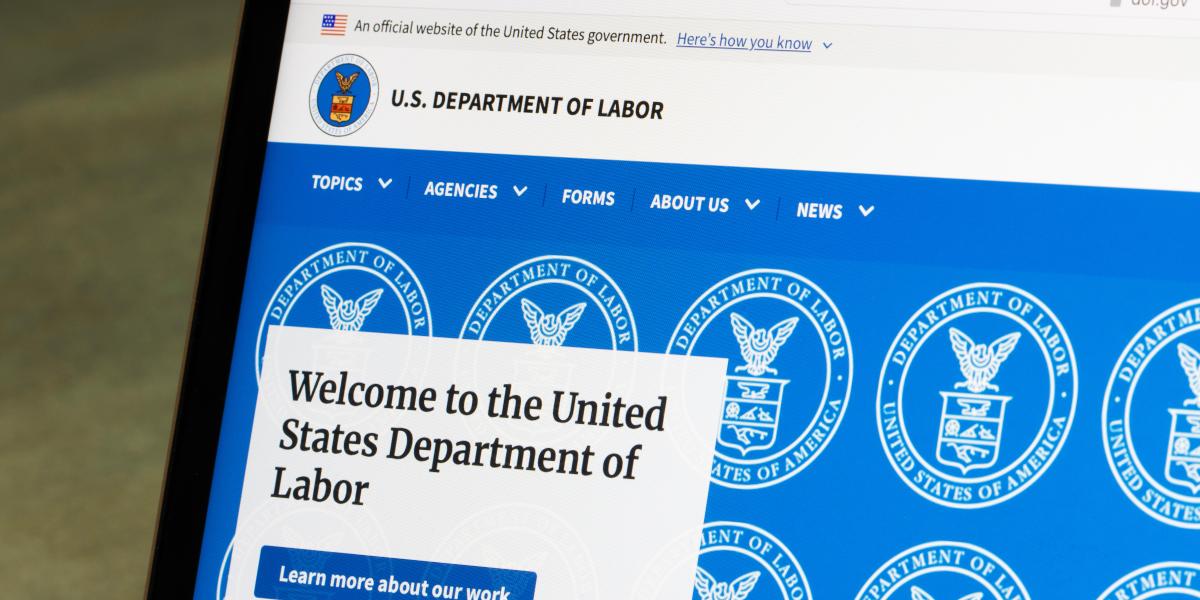When your tax debt reaches or exceeds $50,000, the situation becomes more serious with heightened IRS collection efforts and potential penalties. In this article, we’ll explore what happens when your tax debt crosses this threshold, provide real-life examples, and discuss available tax relief options to help manage your situation.
IRS Actions When Your Tax Debt Hits $50,000
Owing $50,000 or more in back taxes often triggers more aggressive collection tactics by the IRS.
Increased Likelihood of a Federal Tax Lien
The IRS may file a Notice of Federal Tax Lien, which notifies creditors of its legal claim to your property. This lien can impact your credit score and make it difficult to sell or refinance your assets. The IRS files liens against assets like real estate, vehicles, or financial accounts. For instance, if you own a small business, the IRS could place a lien on its assets, impacting daily operations.
Issuance of an IRS Notice and Demand for Payment
The IRS typically sends several notices requesting payment before escalating collection efforts. The final notice will often give you 30 days to resolve the debt. Ignoring these notices can lead to enforcement actions such as wage garnishments or bank levies.
IRS Wage Garnishments and Bank Levies
If the debt remains unresolved, the IRS can garnish your wages or levy your bank accounts. A wage garnishment typically allows the IRS to take a portion of each paycheck until the debt is paid. For instance, if you earn $2,500 monthly, the IRS may deduct a large portion, leaving you with limited disposable income.
Passport Revocation or Denial
The IRS can also certify your debt to the State Department, which may lead to passport denial or revocation. They will do this once your tax debt becomes considered seriously delinquent. In 2024, your tax debt is seriously delinquent if you owe over $62,000. This amount is adjusted annually for inflation. For frequent travelers, this can be highly disruptive.
Tax Relief Options to Consider
The IRS provides several relief options to help you manage significant tax debt. Here are some key programs.
Installment Agreement
An installment agreement allows you to pay the debt in manageable monthly installments. If your debt exceeds $50,000, you may need to submit detailed financial information to get approved. There are two types of installment agreements:
Streamlined Installment Agreement: Available for debts under $50,000.
Non-Streamlined Installment Agreement: Requires more extensive paperwork for debts exceeding $50,000.
Offer in Compromise (OIC)
An Offer in Compromise allows taxpayers to settle their debt for less than the full amount if they can demonstrate an inability to pay. The IRS considers factors such as income, expenses, asset equity, and future earning potential. This option can be long, complex and often requires professional assistance.
Currently Not Collectible (CNC) Status
If you’re facing significant financial hardship, you can request to have your account marked as “Currently Not Collectible.” This temporarily stops collection efforts, but interest and penalties continue to accrue. This status often applies to those with little to no disposable income after necessary living expenses.
Penalty Abatement
The IRS charges significant penalties for unpaid taxes, which can add up quickly. In some cases, you may qualify for penalty abatement if you can demonstrate reasonable cause, such as serious illness or natural disasters.
IRS Collection Efforts Beyond $50,000
When you owe more than $50,000, the IRS has additional tools to collect the debt. One of these is the use of revenue officers (ROs). Revenue officers conduct in-depth investigations into your financial situation and have the authority to seize assets, levy accounts, or take other enforcement actions. You may be required to provide detailed financial documentation or attend in-person meetings to discuss your situation. The IRS can also seize assets such as vehicles, homes, or business property to satisfy a large tax debt. Seizures typically occur when other collection methods fail, and the IRS determines there’s sufficient equity in the assets.
What to Do If You Owe $50,000 or More
If you owe $50,000 or more, it’s crucial to act quickly to avoid severe IRS collection actions. Here are some steps to consider.
Seek Professional Help: Tax professionals, such as enrolled agents or tax attorneys, can help you negotiate with the IRS and explore relief options.
Respond to IRS Notices Promptly: Ignoring IRS notices can lead to escalated enforcement actions. It’s essential to address correspondence quickly.
Understand Your Financial Situation: Before contacting the IRS, gather all relevant financial documents, including income, expenses, and asset details.
Stay Proactive: Set up payment plans, respond to IRS requests, and stay on top of deadlines to prevent further penalties.
Tax Help for Those Who Owe
Reaching $50,000 in tax debt is a critical point that signals the need for immediate action. Ignoring the debt can lead to severe consequences, including liens, wage garnishments, and even asset seizures. However, with the right tax relief strategies—such as installment agreements, offers in compromise, or CNC status—you can regain control of your financial situation. If you’re facing significant tax debt, don’t wait. Reach out to a tax professional to explore your options and take the first step towards resolving your tax issues. Optima Tax Relief is the nation’s leading tax resolution firm with over $3 billion in resolved tax liabilities.
If You Need Tax Help, Contact Us Today for a Free Consultation


























